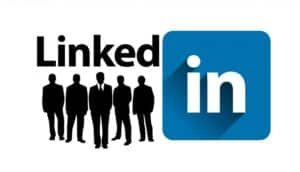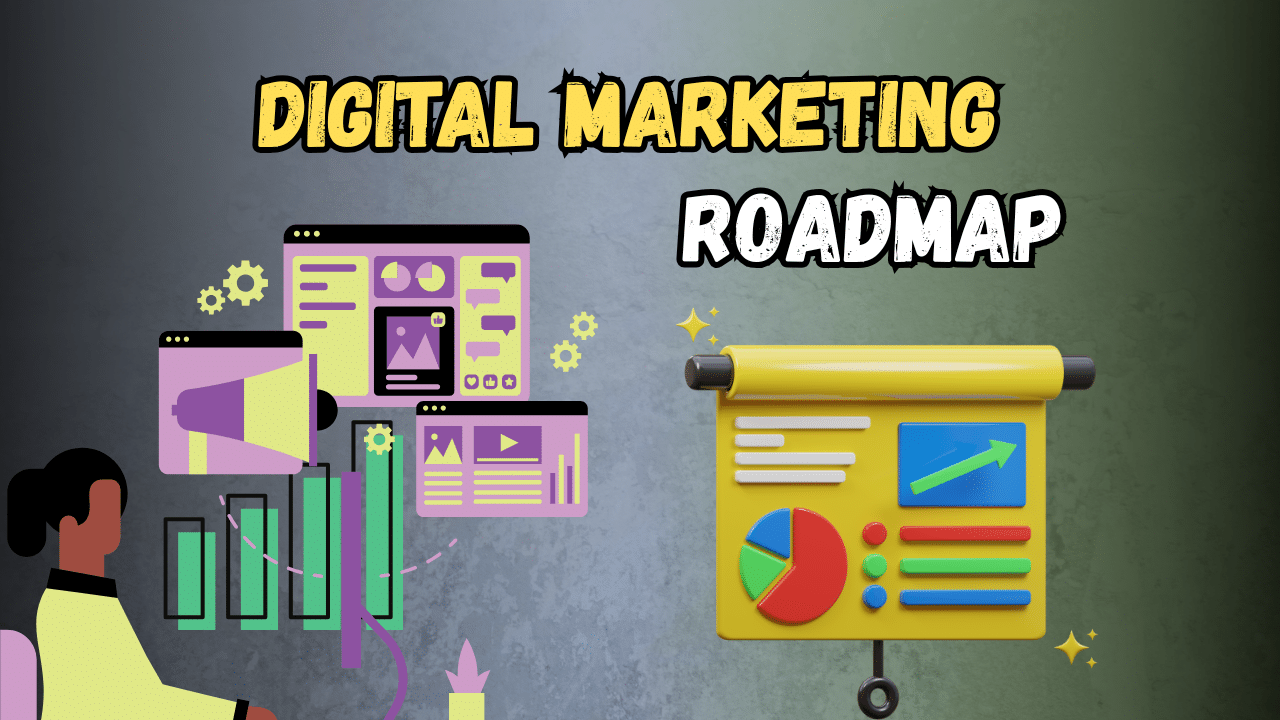LinkedIn Message Templates for freshers
LinkedIn has become the strongest tool for professionals and job seekers. Yet many users continue to struggle with what to write when contacting someone. Whether you are networking, job seeking, or reaching out to industry peers, the right message can be the difference maker.

In this article, we will guide you through 10 very effective LinkedIn message templates that are simple to use, customizable, and designed for various situations. If you are a student, job seeker, recruiter, or simply a professional wanting to expand your network, these templates can assist you in initiating meaningful connections on LinkedIn.
Why LinkedIn Messaging Matters
LinkedIn messages are the online version of a handshake. It’s how first impressions are made in a professional setting. A thoughtful message can lead to new opportunities, partnerships, mentorship, and even job offers.
But here’s the problem: Most people send spammy or generic messages that get ignored or deleted.
These 10 templates are engineered to prevent those faux pas and assist you in making genuine, real connections.
Template 1: The Cold Connection Request (Without Preceding Interaction)
Use Case: If you would like to reach out to someone whom you respect or look up to learning from.
“Hello [Name],
I read about you in LinkedIn as part of researching [industry/topic] and was simply amazed by how long you’ve been in the industry as it was [specific detail in their profile]. I always strive to learn from someone with so much experience, and I‘d really love to make your acquaintance on LinkedIn.”
Why it works: It‘s concise, direct, and reflects genuine interest.
Template 2: Following Meeting at an Event or Webinar
Use Case: Following up after meeting a person at a conference, webinar, or networking session.
“Hi [Name],
It was lovely meeting you at [event name]! I appreciated talking with you about [topic]. I‘d like to keep in touch and keep exchanging ideas on [mutual interest]. Let‘s connect here!”
Why it works: It reminds them and follows up on a prior interaction.
Template 3: The Job Seeker‘s Outreach to a Hiring Manager
Use Case: Reaching out to someone who posted a job you’re interested in.
“Hi [Name],
I noticed your recent post about the [Job Title] position at [Company]. I’m very interested in applying and believe my background in [mention relevant experience] aligns well with the role. If you’re open to it, I’d love to briefly connect or learn more about the team and position.”
Why it works: It’s direct and shows initiative while keeping the tone professional.
Template 4: The Informational Interview Request
Use Case: When you wish to discover more about an individual’s line of work or industry experience.
“Hello [Name],
I am at present looking at opportunities within [industry/field] and your profile came to my attention. Your path from [former position] to [present position] is so inspirational. If it is not a problem, I would love 15 minutes on the phone hearing about your background and any insight you might offer.”
Why it works: It’s respectful of their time and appreciative of their expertise.
Template 5: Reconnecting With an Old Contact
Use Case: Reaching out to someone you’ve lost touch with but want to re-engage.
“Hi [Name],
It‘s been a while since we last spoke! I was reflecting on our chat about [shared interest/topic] and thought I‘d get in touch to see how things have been going. I‘d love to catch up and hear what you‘ve been up to.”
Why it works: It’s friendly and open-ended, inviting conversation.
Template 6: Expressing Gratitude for Someone Accepting Your Connection
Use Case: Immediately after someone accepts your connection request.
“Hi [Name],
Thanks for reaching out! I‘ve been reading your entries on [topic], and they‘ve been very informative. I‘m looking forward to hearing more from you and exchanging ideas.”
Why it works: It creates a positive tone and leaves the door open for more discussion.
Template 7: Reaching Out to a Recruiter
Use Case: When you want to get on a recruiter‘s radar.
“Hi [Name],
I came across your profile while searching for opportunities in [industry]. I’m currently looking for roles in [specific field or title] and would love to hear about any opportunities you think might be a fit. Thanks in advance for any guidance you can offer!”
Why it works: It’s respectful and gets straight to the point.
Template 8: Following Up After No Response
Use Case: You sent a message, but haven’t heard back.
“Hi [Name],
I just wanted to follow up on my last message in case it got lost. I‘m still really interested in connecting and hearing more about [topic or opportunity]. Looking forward to hearing from you whenever you have a moment.”
Why it works: It‘s polite and persistent without being pushy.
Template 9: Offering Value to Start a Conversation
Use Case: When you want to reach out by offering value first.
“Hi [Name],
I saw that you were into [topic] and recently came across an article/resource that I thought you might find useful: [link]. I‘d love to get in touch and talk further about [common interest].
Why it works: It turns the script around—you’re giving before asking.
Template 10: Referral Ask
Use Case: When you‘re applying for a job and desire an inside referral.
“Hi [Name],
I noticed you work at [Company], and I‘m interested in the [Job Title] position advertised on your career page. Knowing your experience there, I‘d highly value any suggestions you can provide—or if you feel okay with it, a recommendation. I‘ve included my resume below for easy access.”
Why it works: It‘s upfront and makes it simple for them to assist.
For video
Best Practices for LinkedIn Messaging
- Be brief: Individuals are hectic. Value their time.
- Personalize: Always refer to something specific about their profile or work.
- Don‘t sell immediately: Establish trust before offering anything.
- Follow up once if necessary: Wait around a week before following up.
- Stay professional: Even when it’s relaxed, stay professional.
Conclusion
LinkedIn messaging is revolutionary when executed well. These 10 templates are a solid starting point, but keep in mind that the best messages are those that come across as human, genuine, and personalized. Use them as a starting point, modify them to fit your situation, and always try to bring value to the conversation.
With these message templates in your arsenal, you’re now better positioned to build meaningful connections and expand your professional network on LinkedIn.
Let us know in the comments: Which template are you most looking forward to trying out? And for daily job notifications click here







